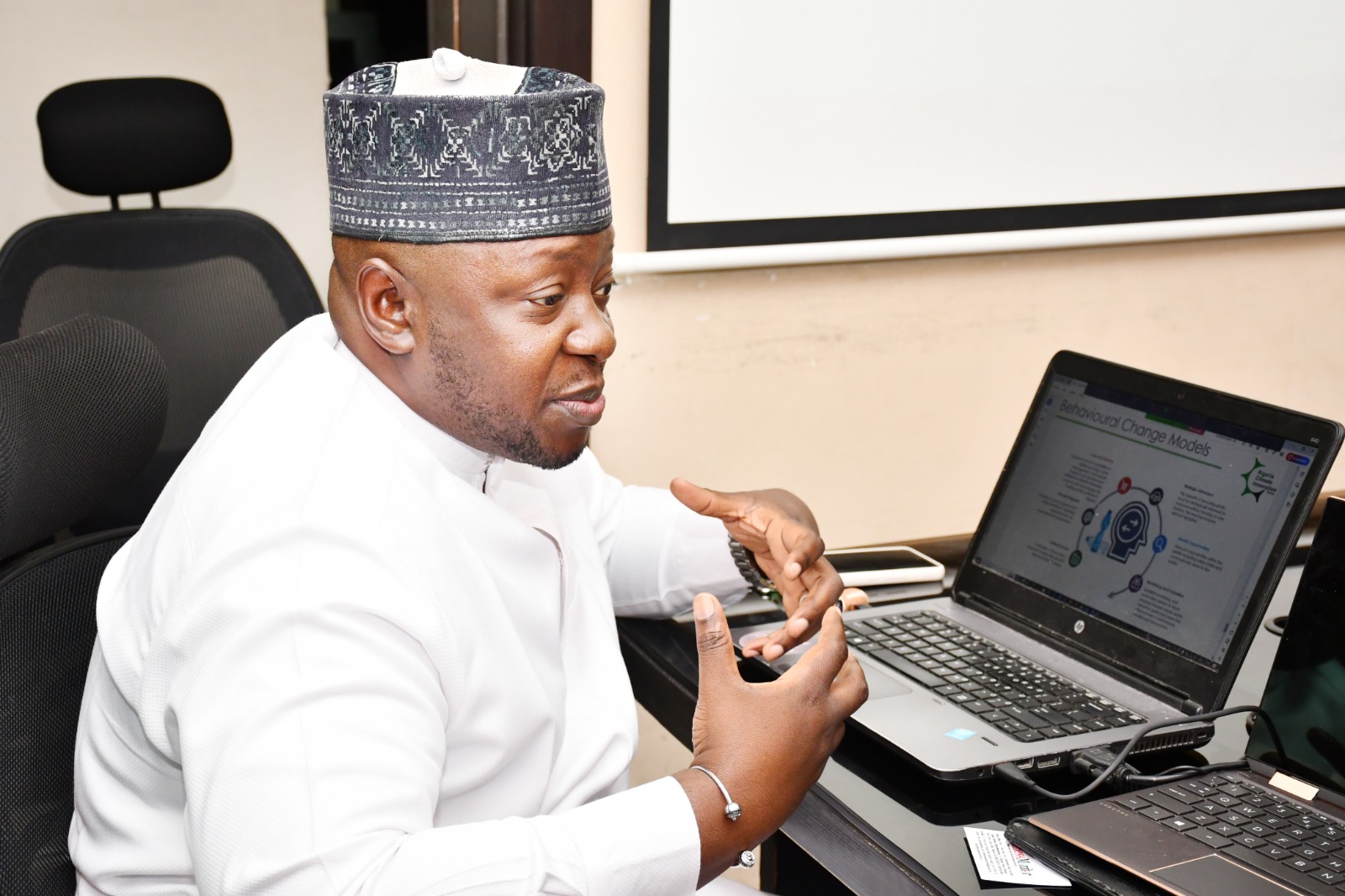Nigeria Climate Innovation Center Champions Recycling Over Green Taxation

The Nigeria Climate Innovation Center (NCIC) is leading the charge for a sustainable solution to plastic waste management in Nigeria.
In a groundbreaking new report “Positioning Plastic Waste Recycling as an Inclusive Catalyst for Unlocking a Sustainable Circular Economy in Nigeria,” the NCIC advocates for a shift towards a circular economy as a more viable alternative to the green taxation model proposed by the government for single-use plastics.
This comprehensive report explores the potential of a circular economy for plastic waste management in Nigeria.
It highlights the limitations of green taxation and presents the circular economy as a more holistic and transformative solution.
Mr. Adamu Garba, the Chief Operating Officer (COO), NCIC who unveiled the report to the media in Lagos said plastic waste has become a critical environmental concern in Nigeria, Africa’s most populous country adding that rapid population growth and urbanization have exacerbated the issue, with plastic waste posing a serious threat to public health, ecosystems, and the overall well-being of Nigerians.
The traditional approach of green taxes, which use financial disincentives to curb environmentally harmful practices, is gaining traction.
However, the NCIC argues that green taxes, while offering a regulatory mechanism, have limitations.
The NCIC proposes a circular economy model that prioritizes resource efficiency, reuse, and recycling.
This approach, according to Adamu focuses on three pillars – designing products for recyclability, establishing efficient collection and recycling infrastructure and driving markets for recycled materials.
According to Adamu, by implementing these three pillars, the NCIC’s circular economy model offers a holistic approach to plastic waste management in Nigeria.
“It not only addresses the environmental concerns associated with plastic pollution but also unlocks economic opportunities through job creation in waste collection, sorting, and recycling sectors. Additionally, it fosters a more sustainable and resource-efficient future for the country” he said.
The NCIC’s proposed model takes a holistic approach, focusing on three key areas, as explained by Adamu. First, it prioritizes designing products with recyclability in mind.
This involves using materials that can be easily reprocessed and creating products that are designed for disassembly.
Second, the model emphasizes building a robust collection and recycling infrastructure. This includes establishing convenient drop-off points and partnering with waste management companies to ensure efficient collection and processing of plastic waste.
Finally, the model aims to create a market for recycled materials. This can be achieved through government incentives for using recycled content and promoting research into new products made from recycled plastics.
Adamu is optimistic about the model’s potential, highlighting its multifaceted benefits.
“The circular economy can address environmental concerns by reducing plastic pollution and conserving resources,” he explains.
“More importantly, it can stimulate economic growth by creating jobs in the waste management sector and attracting investment in recycling infrastructure.”
The model also promotes social well-being by improving public health and empowering communities through waste management initiatives. This innovative approach presents a promising path towards a more sustainable future for Nigeria.
The NCIC report also emphasizes the need for a shift in behavior.
The report noted that public education campaigns and promoting alternatives to single-use plastics are crucial to reducing overall waste generation.
The report also highlights the importance of supporting community-led initiatives that empower local populations to participate in waste management solutions.
Beyond behavioral change, the report explores the economic potential of a circular economy for plastic waste. It noted that the recycling market holds significant promise for job creation, reduced waste management costs, and the development of new markets for recycled materials.
The NCIC showcases existing successful circular economy projects in Nigeria, demonstrating the model’s viability. This inspires further investment in the sector, creating a win-win situation for both the environment and the economy.
The NCIC argues that a circular economy offers a more sustainable solution compared to a green tax on plastic use. Green taxes, while potentially incentivizing reduced consumption, lack a long-term vision and could disproportionately impact vulnerable communities.
In contrast, a circular economy fosters job creation, economic diversification, and environmental benefits.
The NCIC report serves as a call to action for stakeholders across all sectors. Policymakers, businesses, communities, and individuals all have a role to play in transitioning Nigeria towards a more sustainable future.
The report provides a roadmap for achieving this goal, outlining steps towards a future where plastic waste becomes a resource, not a burden.












